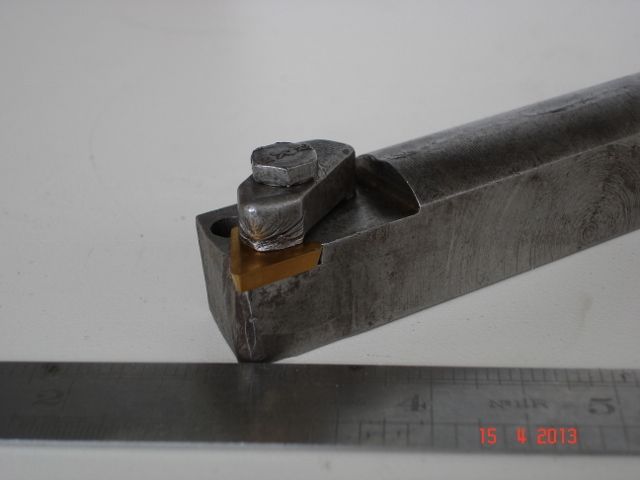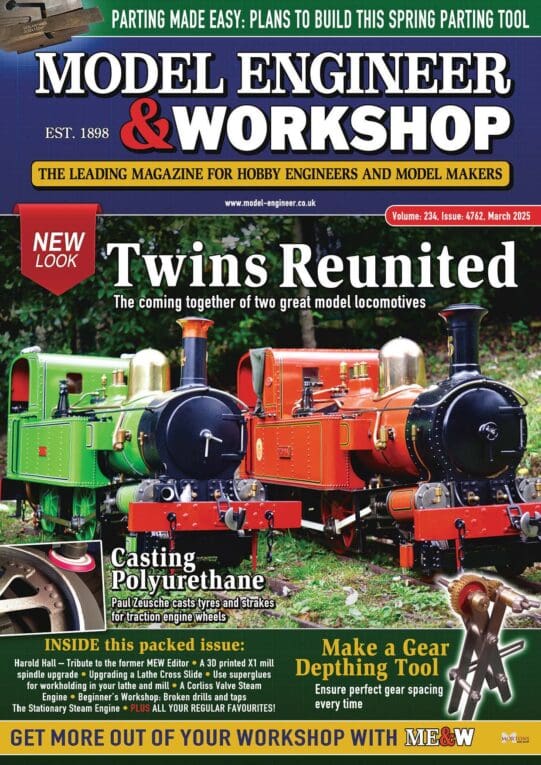NOT scrap metal, at least to start with. An absolute beginner has a lot to learn about rpm, tool shape, depth of cut and feed-rate and it's easier to start with known materials. I wasted a lot of time on my mini-lathe discovering that odd bits of metal found in the average home are poo. (Different story if you have access to workshop scrap or someone who knows.)
Problem with scrap recovered from manufactured items is that many alloys do not machine well while some are utterly vile, or need to be softened by heat treatment first. Likewise DIY store metals – their aluminium is sticky and the steel gritty. DIY store brass rod is OK, but not the best. Plastics are often difficult to turn and although the lathe will do it, wood is not ideal on a metal lathe. Cast Iron varies between wonderful and horrible and is always dirty. Some stainless steels machine well, but most are difficult because they work harden. Copper and Lead are too soft to machine well. I'm told Magnesium alloys machine best of all, but are an exciting fire hazard. Avoid steel pipes used for gas and electrical conduit until you have more experience – they come with hard welded seams.
In a mini-lathe, I preferred machining shop bought brass (CZ121), Aluminium (2014), free-cutting mild steel (EN3B) and mild-steel (EN1A) in that order. When actually making things, the other way round! My all-time favourite metal is brass because it cuts easily with a good finish and doesn't need lubrication. The swarf comes off in clean flakes, just don't get it in your eyes. My least favourite is cast iron, it often has a very hard skin and, because it's full of carbon, a black mess goes everywhere. You end up dirtier than a black goat playing with printers ink in a coal mine.
Dave
Nick Hulme.







